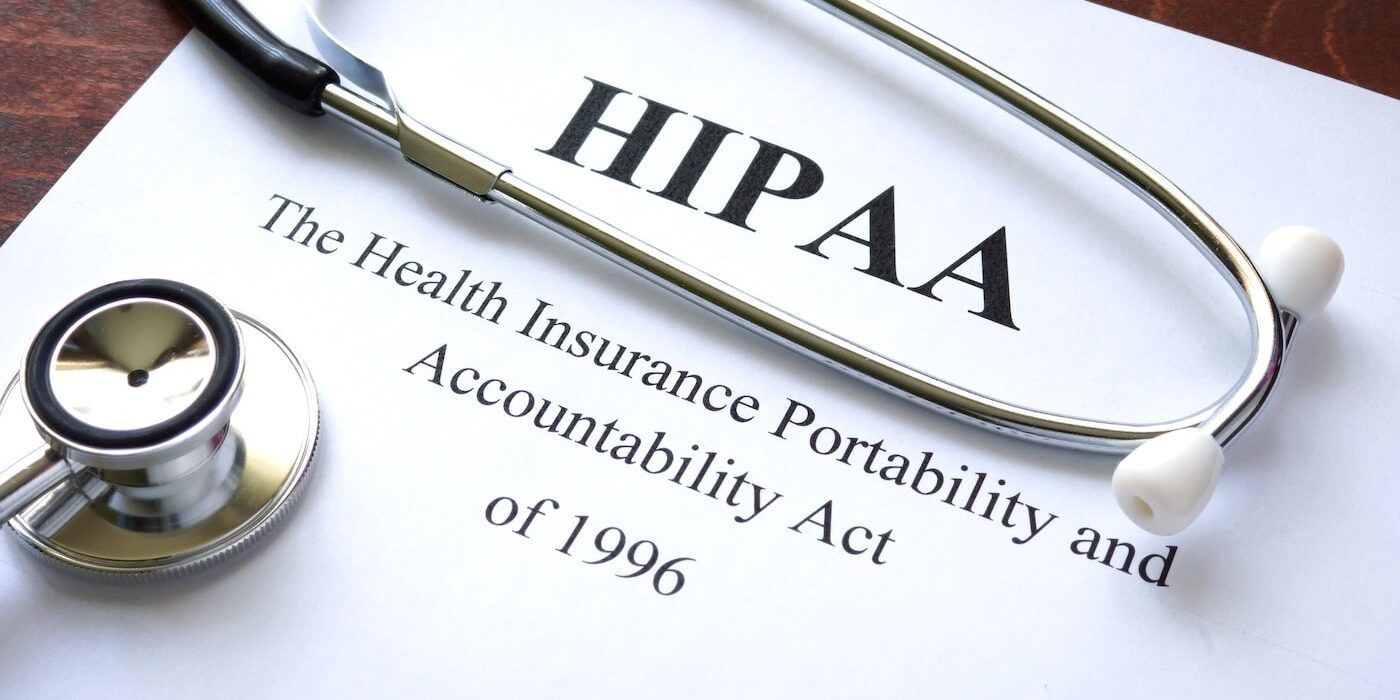12 min read
Beyond Traditional Loans: 14 Creative Financing Options for Real Estate Investing
Creative financing can offer real estate investors options beyond traditional lending from banks. If you have less-than-ideal credit or lack a sizeable...

HIPAA, or the Health Insurance Portability and Accountability Act, is a 1996 federal law that established national standards to protect sensitive patient health information from being disclosed without the patient’s consent or knowledge, according to the Centers for Disease Control and Prevention (CDC). In other words, HIPAA protects personal health information (PHI) while allowing the flow of health information needed to provide health care and to protect the public’s health and wellbeing.
Since the onset of COVID-19, HIPAA has been a hot topic. Many landlords aren’t sure how HIPAA impacts their rental property management business, particularly as it applies to emotional support animals and tenant screening. In this article, we’ll explain what rights individuals have under HIPAA, who has to follow this law, and why there’s so much confusion around protected health information.
HIPAA grants you the right to keep your health information private – but what does that mean? The U.S. Department of Health and Human Services Office of Civil Rights created a video to address this question:
As the narrator explains, HIPAA gives patients:
Covered entities are required to comply with HIPAA – but what are covered entities? According to the CDC, only the following groups must follow HIPAA:
You’ll notice that we haven’t really discussed landlords or property managers much up until this point. That was on purpose.
Residential landlords are not considered covered entities under HIPAA – so it doesn’t apply to your rental property management business.
The short answer is that many landlords and property managers believe HIPAA applies to their business – but really, it’s the Fair Housing Act that they should focus on. Landlords can’t be sued under HIPAA, but you can face up to a $16,000 fine for your first fair housing violation.
The Fair Housing Act prohibits landlords and other housing providers from discriminating against applicants and tenants based on their:
Landlords often bring up HIPAA when they’re talking about screening tenants, especially those with emotional support animals. Many don’t understand what questions they can and can’t ask to validate an applicant’s emotional support animal housing letter.
Let’s clear the air: landlords and property managers can request verification of the applicant’s disability and related needs, but you cannot ask for:
If the applicant’s provider started rattling off your prospective tenant’s diagnosis, they would be in violation of HIPAA, not you.
Looking to learn more about tenant screening and emotional support animals? Check out our free webinars below:
12 min read
Creative financing can offer real estate investors options beyond traditional lending from banks. If you have less-than-ideal credit or lack a sizeable...
11 min read
If you came here wondering how to write a lease agreement, look no further. Creating iron-clad rental contracts is essential for protecting the rights...
10 min read
Between the risks of running a business, a volatile and ever-changing real estate market, and the sometimes fickle attitudes of the renting...
Join the 700,000+ independent landlords who rely on TurboTenant to create welcoming rental experiences.
No tricks or trials to worry about. So what’s the harm? Try it today!
TurboTenant, Inc., © 2025
Created in Sunny Colorado